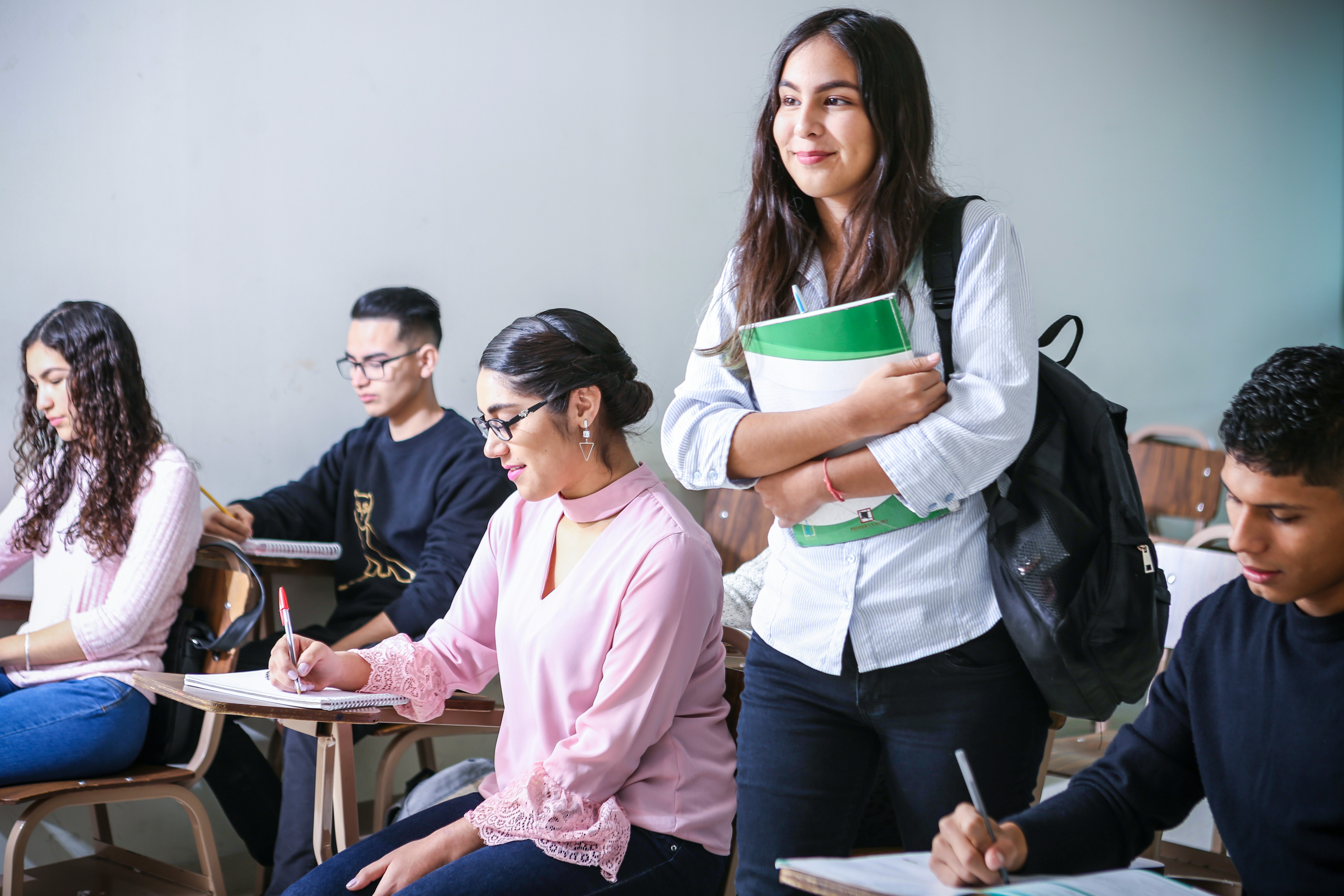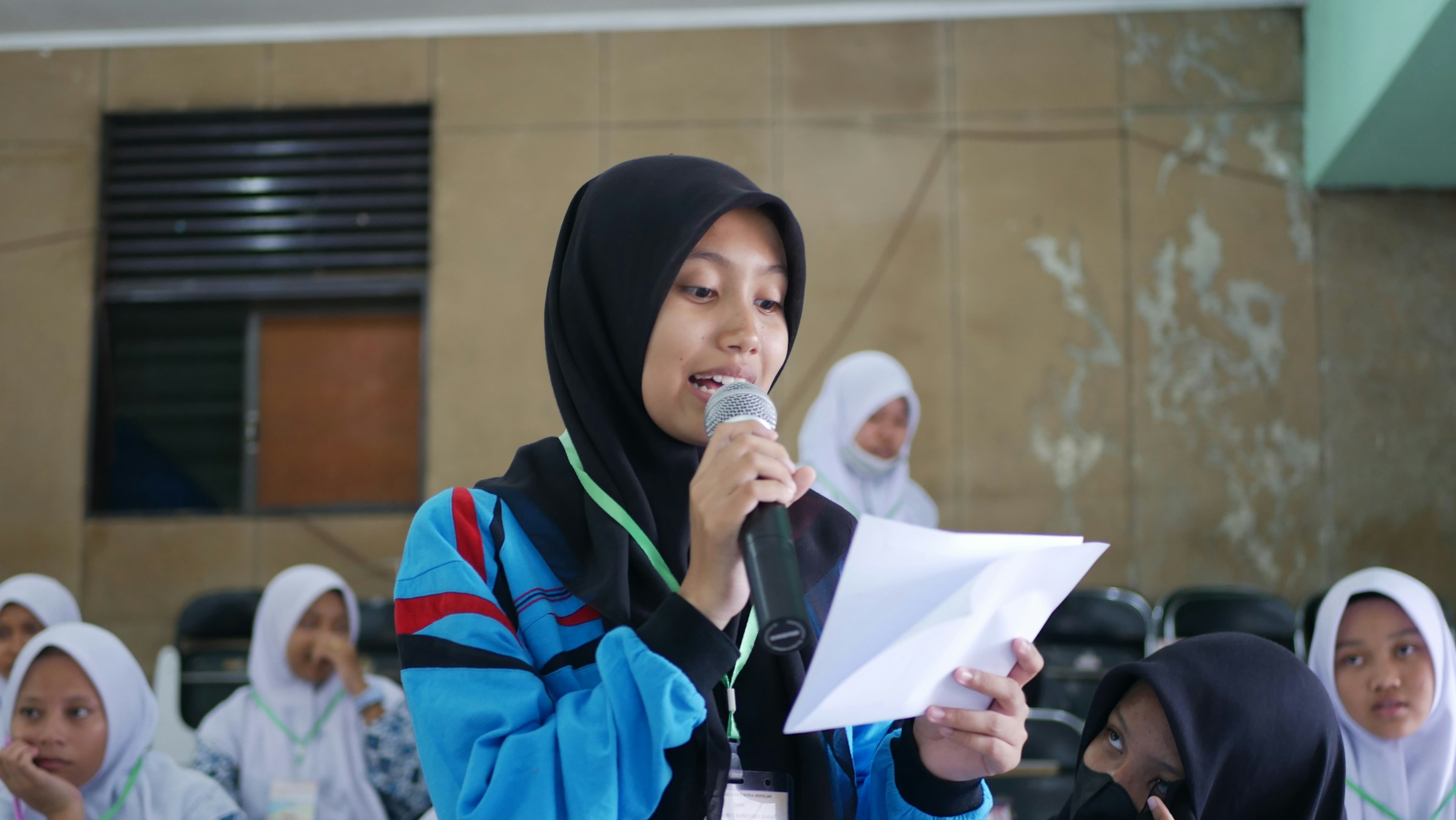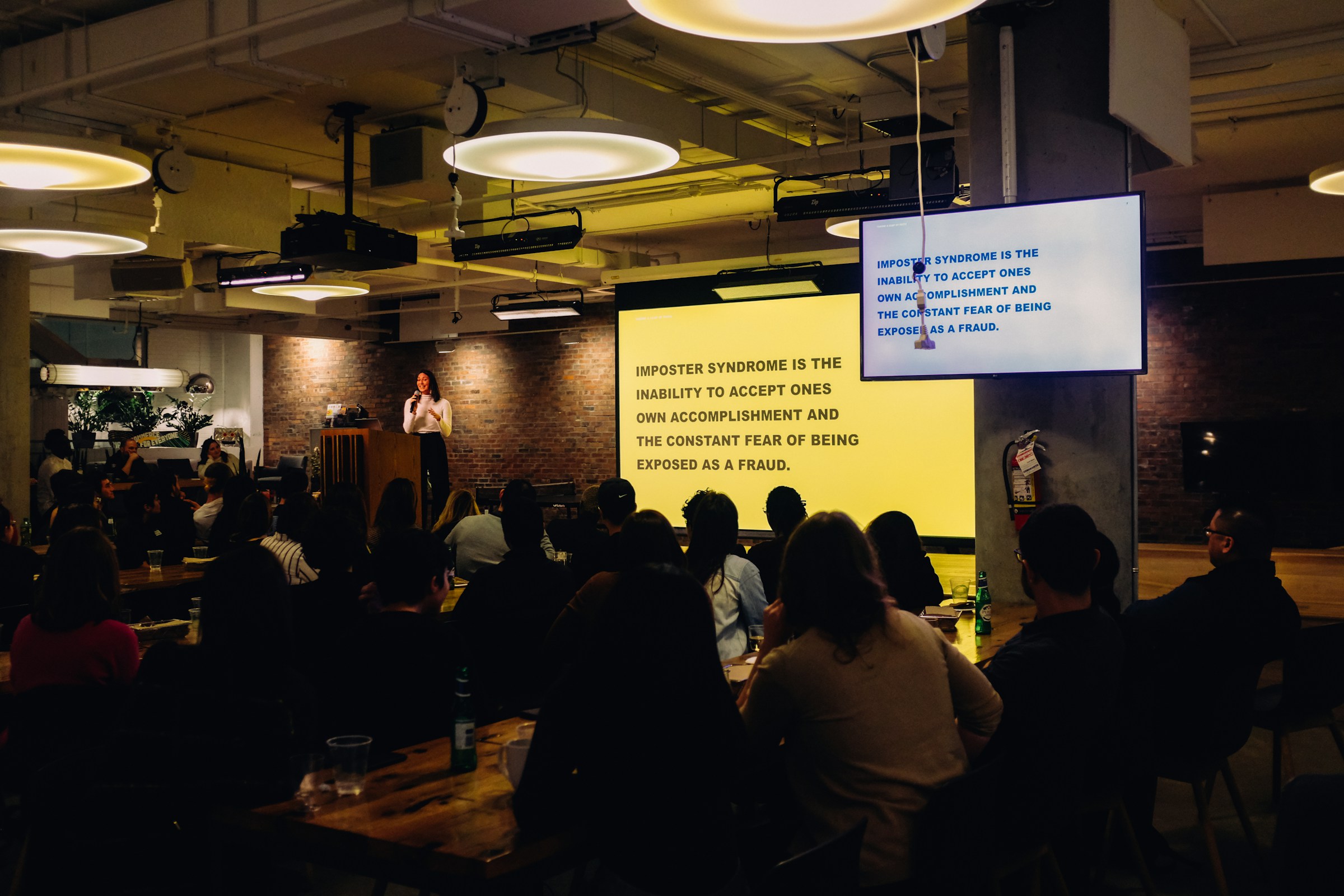Empowering Students Through Education & Mentorship
Axcelero Education is a 501(c)(3) nonprofit organization dedicated to providing innovative educational programs, mentorship, and leadership development for underserved communities.
Get Involved- 1000+ Students Served
- 100+ Community Mentors
- 10+ Program Regions
Why Choose Axcelero Education?
At Axcelero, we believe that every student deserves access to quality education and mentorship. Our programs are designed to empower young minds, build confidence, and develop future leaders who will make a positive impact in their communities.
-
Innovative Learning Programs
We offer hands-on, project-based learning experiences that engage students and develop critical thinking skills in STEM, entrepreneurship, and leadership.
-
Dedicated Mentorship
Our network of passionate mentors provides guidance, support, and real-world insights to help students navigate their educational and career paths.
-
Community Focused
We work closely with local communities, adapting our programs to address specific needs and challenges, creating lasting positive impact.
-
Inclusive & Accessible
We are committed to making our programs accessible to all students, regardless of socioeconomic background, ensuring equal opportunities for success.

Building Tomorrow's Leaders Through Education Today
Our approach combines academic support with real-world experiences and mentorship to build well-rounded individuals. We focus on developing both technical skills and essential life skills that prepare students for future success.
-
Personalized Learning
Tailored educational experiences that address individual strengths, challenges, and learning styles.
-
Project-Based Curriculum
Hands-on projects that encourage creativity, problem-solving, and practical application of knowledge.
- Strong Emphasis on STEM Education
- Leadership Development Opportunities
- Career Exploration and Guidance
- Long-term Mentorship Relationships
Making a Real Difference in Communities
Since our founding, Axcelero has been committed to creating meaningful change through education. Our programs have reached thousands of students across multiple regions, providing them with the tools and support they need to succeed.
-
1000+Young minds engaged in our educational programs across all our regions.
-
95%High completion rate reflects our engaging curriculum and supportive environment.
-
100+Dedicated professionals volunteering their time to guide and inspire students.
-
10+Educational initiatives serving diverse communities across multiple regions.
Empowering Students Through Various Initiatives
We offer a range of educational programs designed to inspire students, build skills, and create pathways to success. Each program addresses specific needs and interests within our community.
Voices from Our Community
-
Axcelero gave me confidence in my abilities and opened doors I never knew existed.
The mentorship I received through Axcelero completely changed my perspective on what I could achieve. I'm now pursuing a degree in engineering with a confidence I never had before.
-
Volunteering with Axcelero has been the most rewarding experience of my career.
Seeing the direct impact of mentorship on these bright young minds has been incredible. The program is well-organized and truly makes a difference in students' lives.
-
Honestly, I'm seeing my son grow in ways I couldn't have imagined before.
Since my son joined Axcelero, he's been showing up differently. His grades have improved, and he's talking about college and future plans. The confidence he has now? That's the real leadership they've been instilling in him daily. It has straight up changed our whole household.
Join Us in Making a Difference
There are many ways you can support Axcelero's mission to provide quality education and mentorship to underserved communities. Whether through volunteering, donating, or partnering with us, your contribution makes a significant impact.
-
Share your knowledge and skills by becoming a mentor, workshop leader, or program assistant. Make a direct impact on students' lives.
- Work directly with students
- Share your professional expertise
- Flexible time commitments
-
Popular
Your financial contribution helps fund our programs, provide resources to students, and expand our reach to more communities in need.
- Tax-deductible donations
- Monthly giving options
- Corporate matching available
Get in Touch Today
Interested in our educational programs or want to get involved? Reach out to us today to learn more about how Axcelero Education is making a difference.
-
Email [email protected]
-
Location United States













